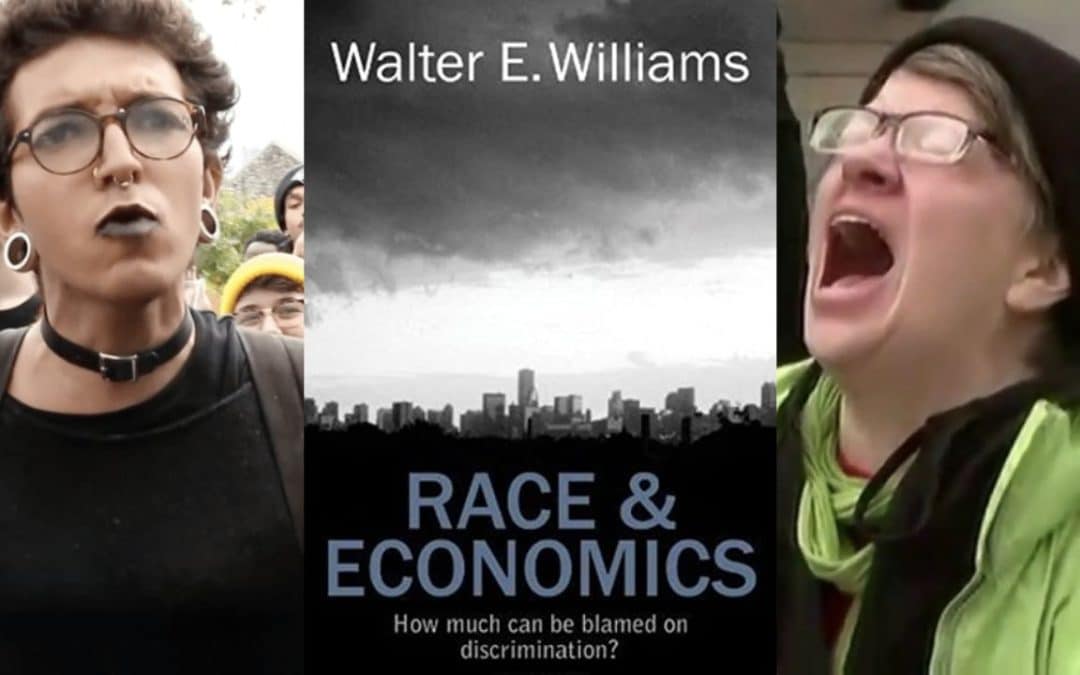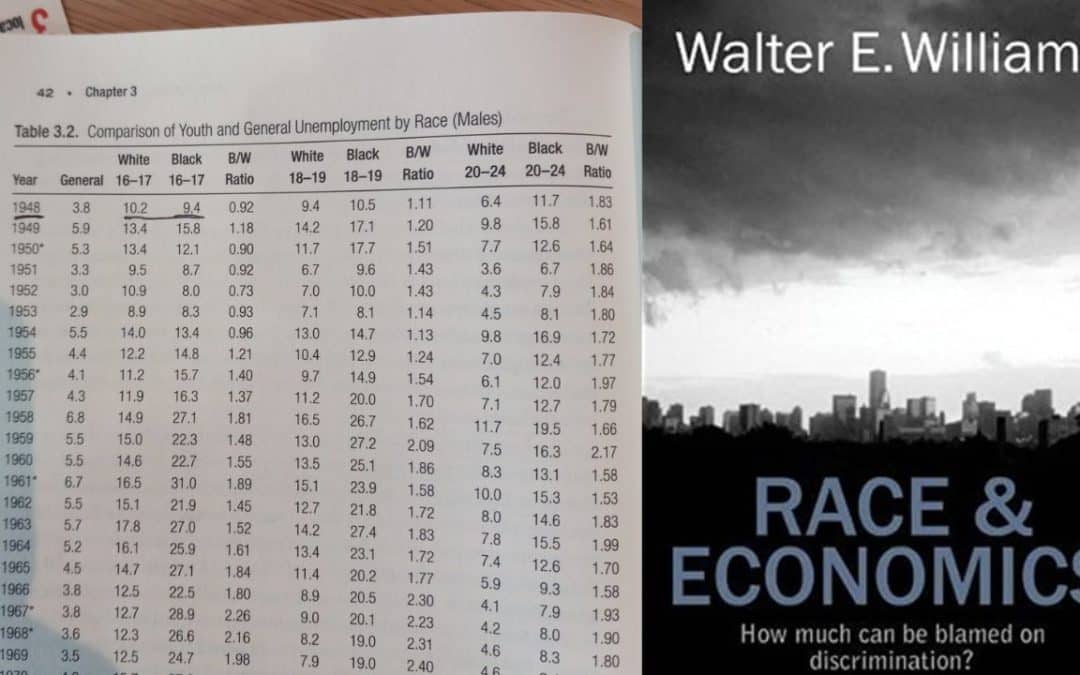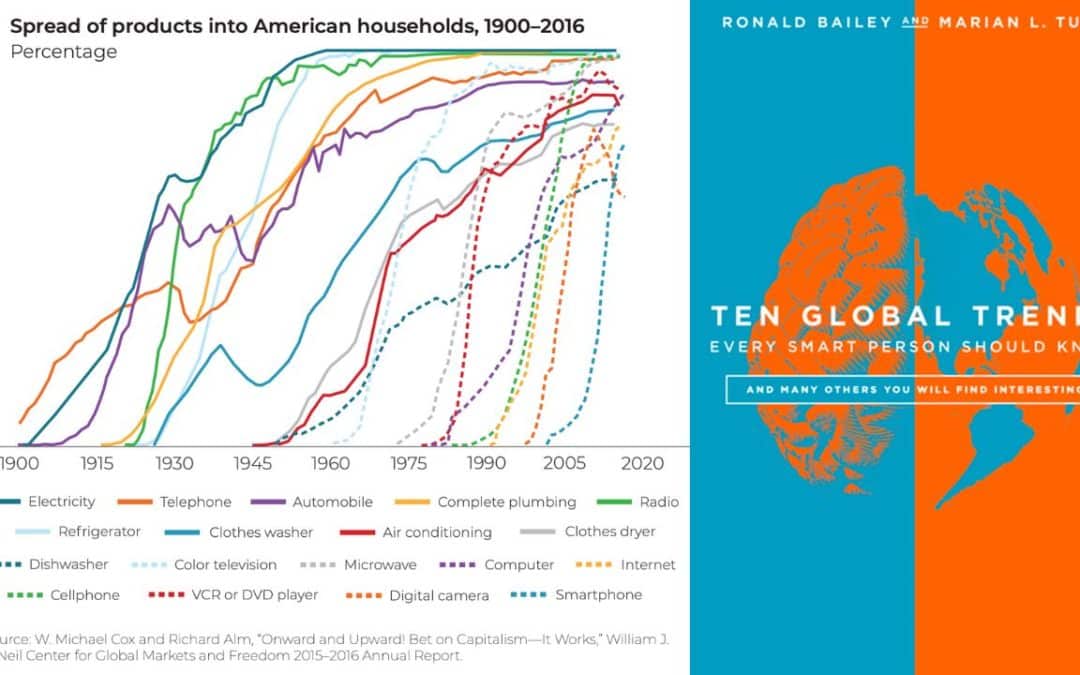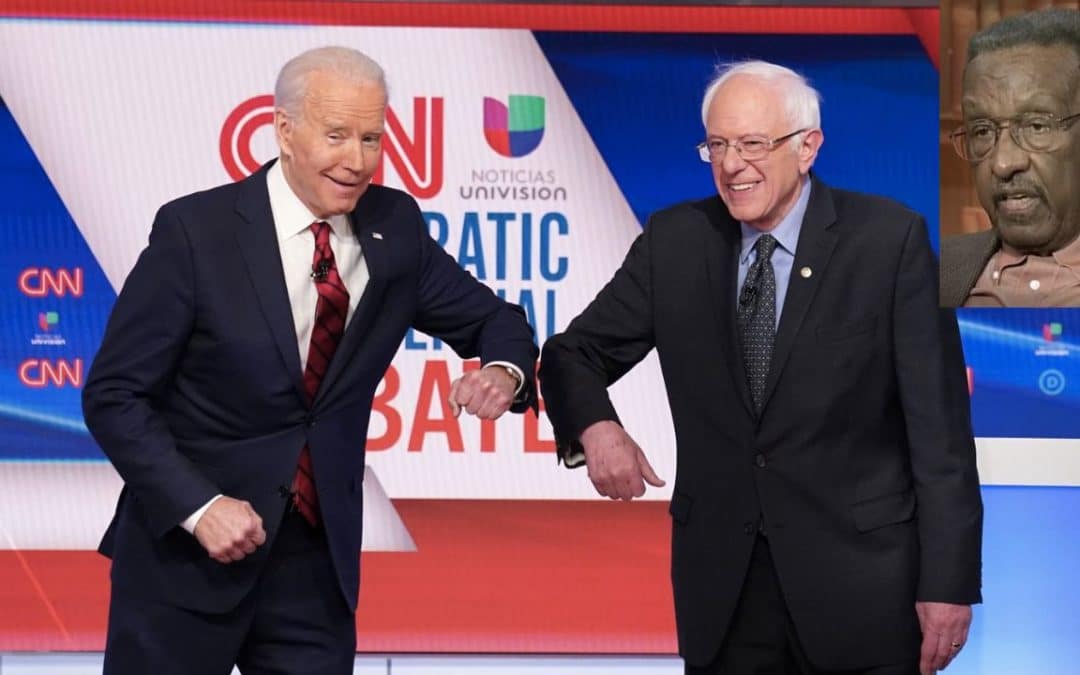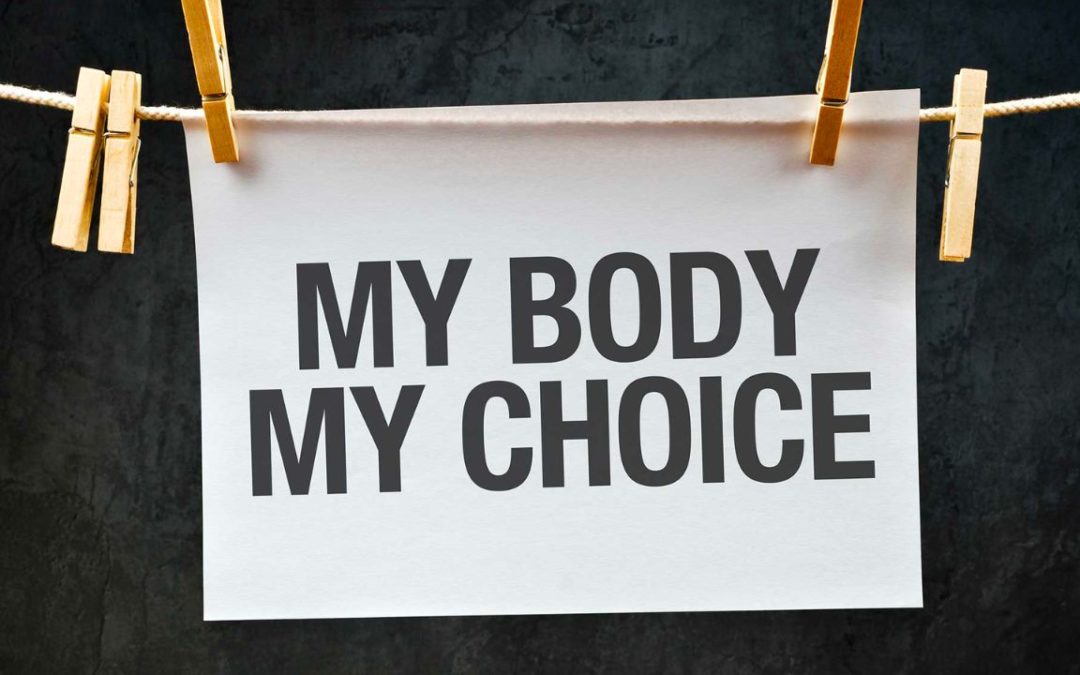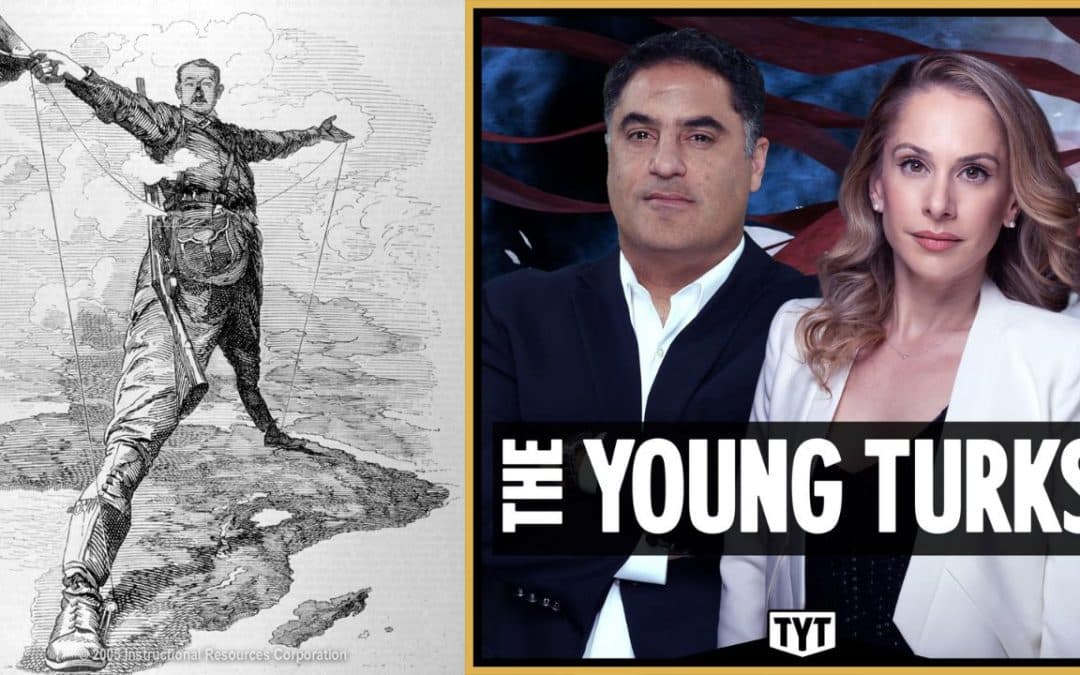If people are free to discriminate in favor of, or against, a university or wine, what argument can be made against their having that same right with respect to choosing based on the race or sex characteristics of their mates, employees, tenants, or club members? If one shares the value of freedom of association, why should some associations be permitted and others denied? If a man is not permitted to bring a court action against a woman who refuses to deal with him, in form of a dating or marital relationship or for any arbitrary reason she chooses, what is the case for bringing court action for other refusals to “deal,” such as in employment, renting or selling a house, or club memberships?…
…Refusal to deal can apply to any setting, including activities like marriage, friendship, invitations to social gatherings and golf games, all of which might affect one’s “life chances.”…
…These visions of prejudice expose analysts to the pitfalls of making ambiguous statements and advancing faulty arguments. A useful operational definition of prejudice can be found by examining its Latin root- praejudicium, meaning “to judge before the facts are known.” Thus, we might define prejudicial acts as decision-making on the basis of incomplete information.
That kind of decision-making, before facts are known, is necessary and to be expected in a world of scarcity, uncertainty, complexity, costly information-and often erroneous interpretation of that information. Furthermore, different individuals might arrive at different interpretations even if confronted with the same information. Also, different people reach different decisions on just what constitutes the optimal quantity of information to gather prior to making decisions…
Information is not costless. To acquire an additional unit of it requires a sacrifice of time, effort, or other resources. People therefore seek to economize on information cost. In doing so, they tend to substitute less expensive forms of information for more expensive forms. Physical attributes are “cheap” to observe.
– Walter E. Williams, Race and Economics


